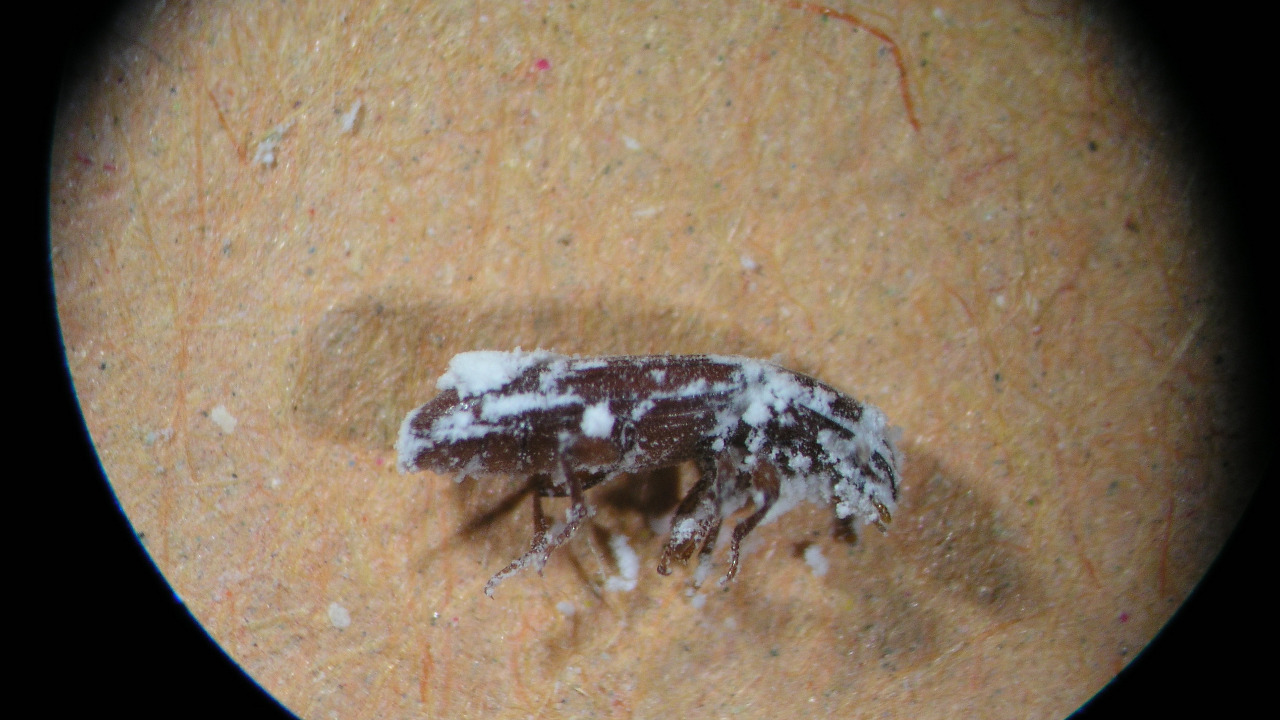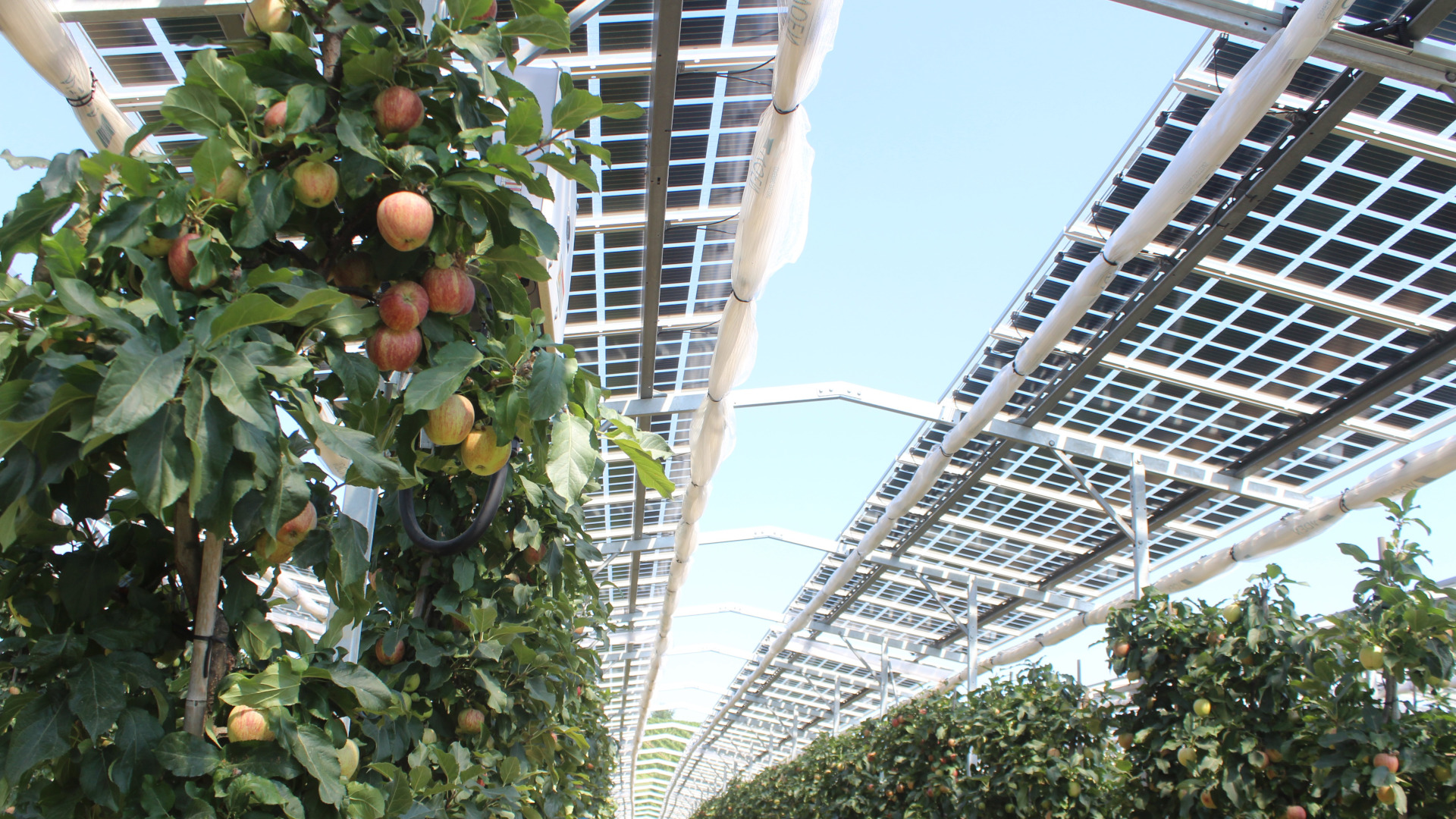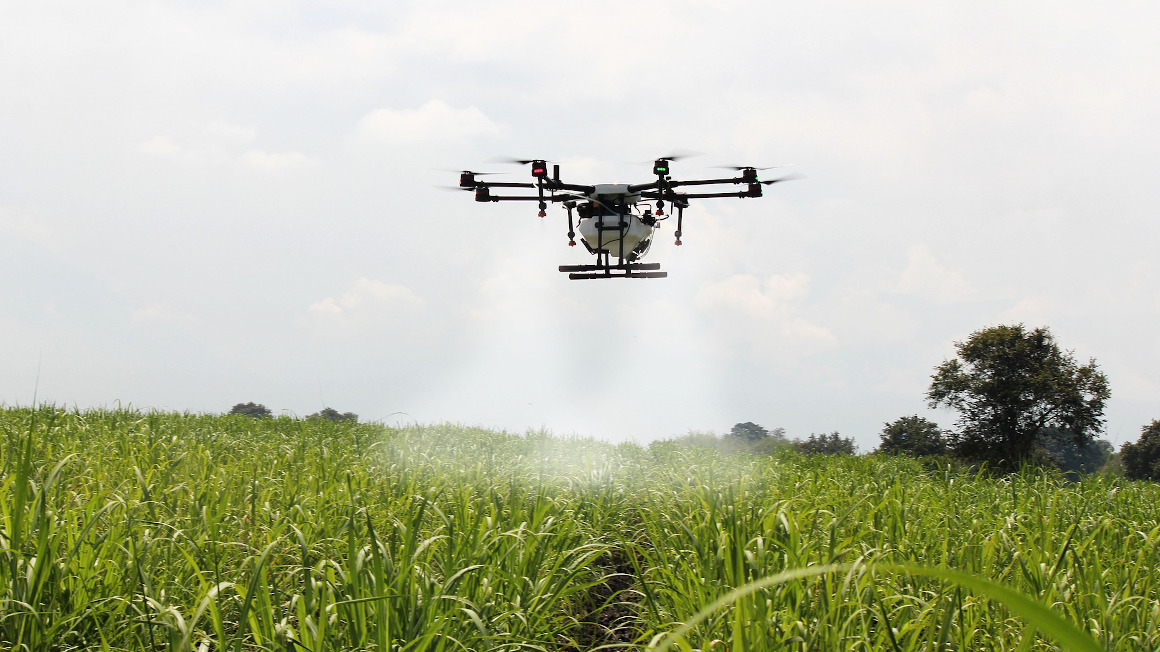Protecting grain from insect pests with natural substances
The combination of silica and a parasitic fungus has proven to be an effective long-term protection against insect pests in grain storage.

Whether in the field or in the silo, grain is susceptible to insect pests. Therefore, chemical insecticides are often used. A common insecticide used in grain storage is imidacloprid, which belongs to the group of neonicotinoids and is considered controversial because of its environmentally harmful effects. Researchers from the Senckenberg German Entomological Institute in Müncheberg, together with partners from Pakistan and Greece, have now found a sustainable alternative.
Silica and soil fungus tested against insect pests
As part of a study, the team investigated the extent to which natural substances could replace the insecticide imidacloprid in grain storage. The compounds used were silica - a substance derived from diatoms that is traditionally used as a dietary supplement to strengthen hair and nails - and the parasitic fungus Beauveria bassiana, which lives in natural soils and can kill insect pests. For vertebrates the fungus is harmless, however, insect pests such as the cherry vinegar fly are helpless against the parasite. This is because the spores of the fungus stick to the skin of the pest, penetrate the host after germination and spread there, leading to the death of the insect.
In the study, the researchers investigated not only the effects of silica and fungus on various insect pests, but also the crop protection potential of the insecticide imidacloprid in combination with Beauveria bassiana. "We tested treatment with silica, the insect-killing fungus Beauveria bassiana and the insecticide imidacloprid, as well as two-way combinations of these three protectants over different periods of time and compared how many and which insect pests survived after treatment," explained Waqas Wakil of the University of Agriculture in Pakistan and lead author of the study.
Natural substance combination convinces during long storage
The combinations were tested on four insect pests: lesser grain borer, red flour beetle, rusty grain beetle and booklice. This showed that the combinations of silica and fungus and insecticide and fungus were more effective against insect pests than the insecticide alone. In terms of long-term efficacy, however, the natural substance combination was clearly ahead - to the surprise of the researchers. "From a storage period of 150 to 180 days, the wheat treated with silica and Beauveria was even the least infested with pests. Grain is often stored for more than half a year - the natural pesticides we tested could therefore be a good alternative to chemical insecticides," summarizes Thomas Schmitt from the Senckenberg German Entomological Institute in Müncheberg.
bb


